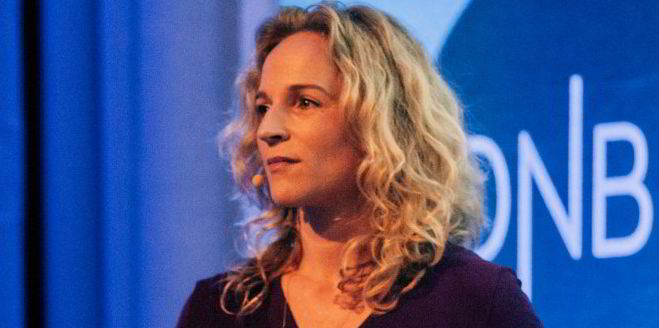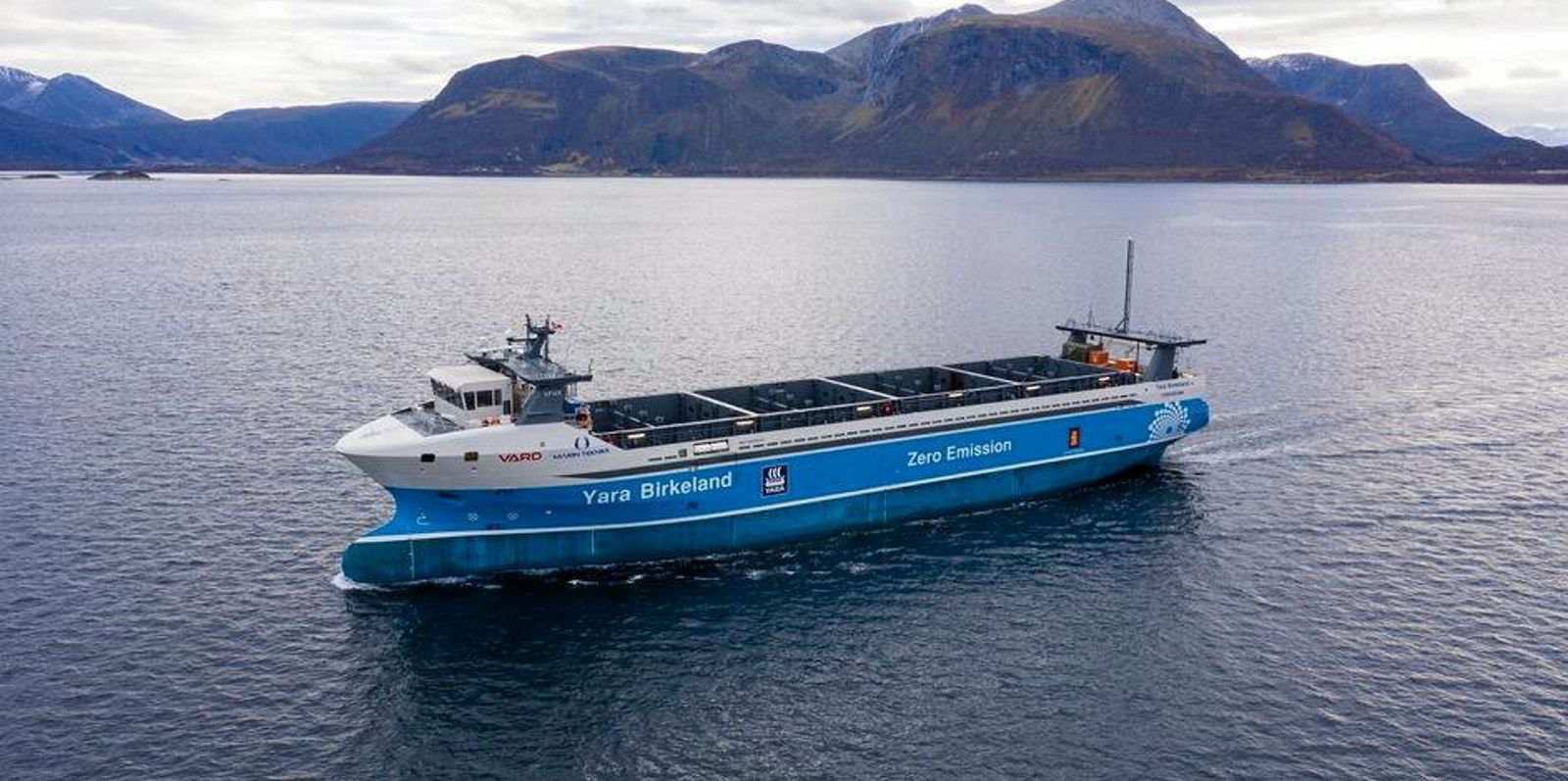The new head of Norwegian green recycling consultant Grieg Green wants to expand the niche as shipowners feel increasing pressure to plan for scrapping from the very start of a vessel’s life.
“I have not started yet and it’s just ideas at this stage, but we do have plans to grow. The company has been in business for over 10 years now and has not added a lot of new services,” said Pia Meling.
She will begin work in October at Grieg Group in Oslo, where group chief executive Elisabeth Grieg also has her base.
Grieg Green’s work so far has centred on advising shipowners looking to choose a yard for green scrapping.
That has limited the customer pool to high-end owners whose environmental performance has been in the spotlight, often high-profile European stock-listed companies able to sacrifice several million on the price of their old steel to meet higher standards of public or stakeholder scrutiny.
Meling believes this customer pool can expand to a broader group of shipowners, to owners of other maritime equipment and even to equipment suppliers.
“Our client base has been companies that already had an environmental, social and governance [ESG] agenda for some time, but now this is becoming mainstream,” she told TradeWinds.
“So it is a good time to grow. It should be our ambition to become a relevant partner to shipowners at an earlier stage in the life of their ships.”
Several owners have earned unwelcome headlines in recent years when sales of veteran tonnage for further trading have turned out to look more like concealed sales for scrapping. The owners in the spotlight are potential customers.
“It’s been too easy to sell to a cash buyer, reflag the ship and close your eyes, but it’s not going to be as easy in the future,” Meling said.
However, she believes that ship equipment suppliers should bear part of the burden, and she sees customers for Grieg Green there as well, as part of the task of making recycling relevant at an earlier stage in a ship’s life cycle.
“Everybody delivering products to a vessel should have a way of ensuring that their products are not going to end up on a beach,” she said.
Other sectors besides ships and rigs should add to the customer base, including aquaculture and offshore wind, as difficult-to-recycle turbine blades reach the end of their lifetime.
Besides the commercial task of getting that message across, Meling said Grieg Green will be involved in lobbying governments and international bodies, in part to encourage raising the regulatory bar for vessel recycling.
“But we also want to make sure that shipowners have more geographical options for recycling, also for European owners outside Europe,” she said.
However, she underscored that green scrapping has to become more affordable and that incentives, such as securing contracts, obtaining favourable financing or winning tenders, should motivate owners, not just the fear of penalties.
Grieg Green was founded in 2010 and led until last year by former chief executive Petter Heier, whose background included experience as a newbuilding superintendent with Grieg and a ship repair manager with Dubai Drydocks.
Under Heier, the company specialised in vetting yards, not least in China, for owners to make sure that they and their downstream partners meet ship recycling standards, including a physical presence to check performance yards. More recently, Grieg Green has also been increasingly involved in the detail-intensive business of doing hazmat inventories for vessels to be recycled.
Heier and Grieg parted ways amicably a year ago but Grieg Green had not named a permanent replacement for him until now. Heier told TradeWinds he is on gardening leave and is unable to comment.
“Right now we’re not hiring, but my intention is to grow in people, in revenue and in services we can offer. But I haven’t even met my team yet,” Meling said.
Meling comes from a vice president position with Norwegian autonomous shipping specialist Massterly, a joint venture between Wilh Wilhelmsen and tech supplier Kongsberg Maritime, where she has worked since 2018.
Her CV includes a growing number of board memberships, as well as shipping positions with Wilh Wilhelmsen and Torvald Klaveness. Last year, she finished a two-year term as president of Wista Norway.




